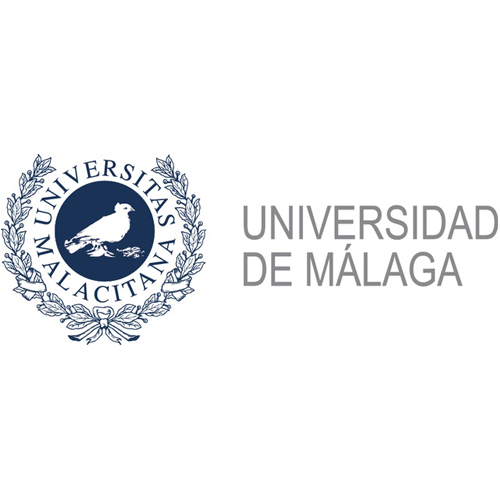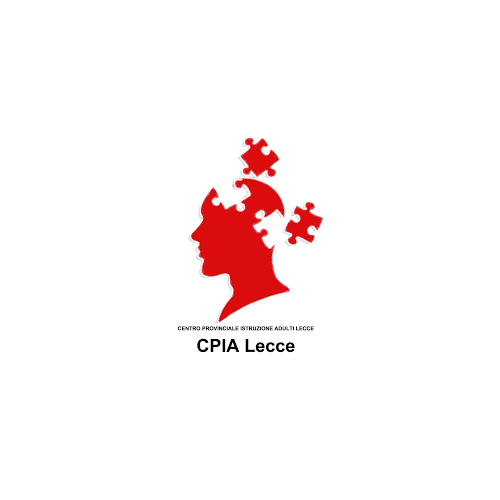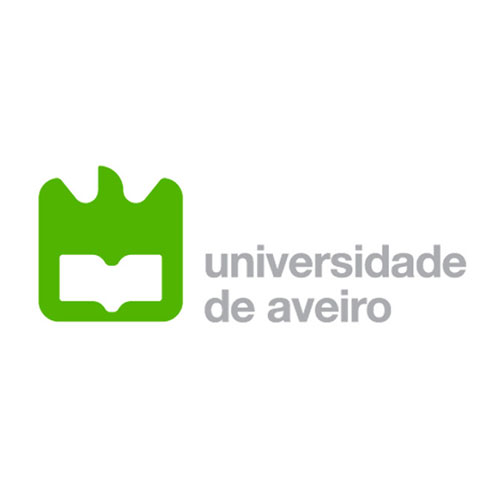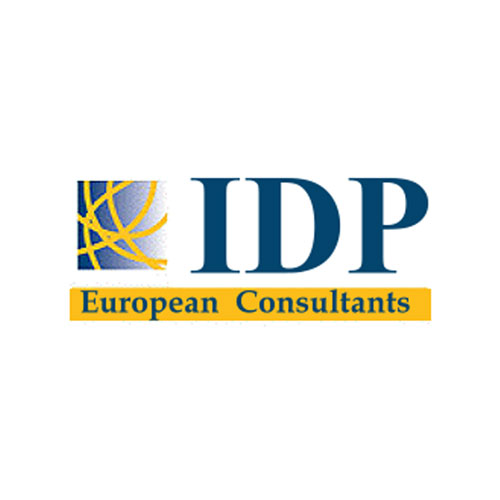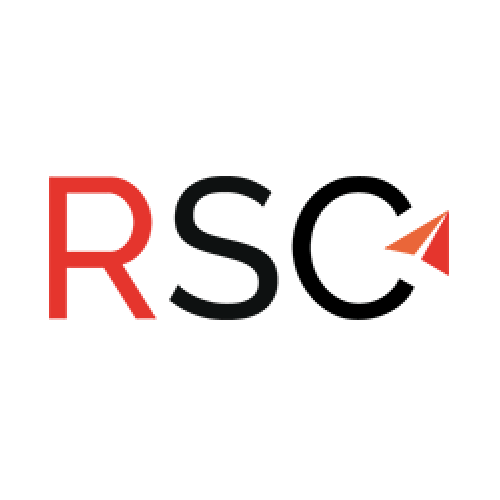Knowledge best practices
Responsible consumption on mobility
Basic
Good practices:
CARNET: Mobility at the service of cities and citizens
CARNET is a pioneering project in which the public sector (the Universitat Politècnica de Catalunya) and the private sector (SEAT and Volkswagen) collaborate in activities that contribute to the design of future urban mobility. Other companies and organisations such as Altran, Applus Idiada, Ficosa, RACC and Rücker Lypsa have become members of CARNET.
CARNET’s activities are focused on three main areas:
●Identifying and fostering talent through a variety of training courses.
●Carrying out corporate research to develop innovation projects.
●Networking in national and international networks in the sector.
 |
 |
This business was founded in Israel as an Israeli start-up and is currently owned by Intel through one of its subsidiaries. It is a global leader in MaaS (Mobility as a Service) and travel planning products.
The software enables users to plan routes, select the most practical routes and modes of transportation, and pay for selected transportation services straight from their smartphones. The software from Moovit combines crowdsourced (data contributed by people through the network) and official public transit data to deliver real-time information on public transportation services (trains, buses and trams). Data on a variety of shared service and micro-mobility providers, including taxis, Uber, Lyft, bicycles, scooters, and mopeds (both electric and non-electric), car-sharing, and more, are added to this data.

Good practices:
The IBERDROLA sustainable mobility plan
Iberdrola is driving and leading the transition to sustainable mobility and electrification of transportation as part of its commitment to sustainability, and as an effective method of combating climate change.
The Sustainable Mobility Plan is part of the company's commitment made in its Sustainable Management Policy, which mandates the implementation of policies that encourage the long-term exploitation of the group's corporate mission. The goals of this effort are to reduce emissions, increase energy efficiency, enhance the quality of life for those living in the areas where the group operates, and develop staff awareness.
 |
Snam4Mobility, a subsidiary of Snam, and OG, a Dutch company that owns and operates service stations for sustainable fuels in the Netherlands, Germany and Sweden, have signed an agreement for the development of a new Bio-LCNG refuelling station in Paderborn, in the North Rhine-Westphalia region of Germany.
Snam4Mobility's mission is to encourage the increase of the natural gas distribution network for transport on the national territory, through direct investments and by supporting other operators willing to invest on their own, and to support the growth of sustainable mobility, also thanks to the development of technologies and know-how for innovation, information and awareness-raising in the territory, and constant communication and relations with institutions and local realities.
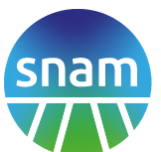

Good practices:
Graz, a city of 320,587 people, established and maintained the framework of the "Mobility Management for Companies" competition, under which local small and medium-sized firms (SMEs) adopted specified measures .
This method is beneficial because of its novel approach to engage commercial firms in the development of unique mobility management strategies that may be incorporated into local SUMP. It has the potential to serve as a model for developing active interactions between public and private stakeholders in the field of sustainable transportation. The monetary incentive encourages SME participation and assigns accountability to both the corporation and the employees. Furthermore, it enables the development of measures that are tailored to the requirements of citizens/employees.
 |
MUV's technology revolves around an app, available for iOS and Android, which allows people to organise and participate in competitions that turn sustainable mobility into a real sport, but above all offers the opportunity to act on global challenges such as combating climate change. MUV involves communities through sport’s values and turns citizens in sustainable mobility athletes: training sessions, challenges, epic team tournaments and amazing rewards, offered by sponsor, support their path to change the world.

Good practices:
LTP & Integration with Environmental Policy Sector (Low Emission Zone)
The City of York, which is part of the Leeds City Region, has a population of over 195,000 people, a rich historic/heritage and assets that produce a substantial tourism sector, and a strong academic concentration with its university. The city walls, open spaces, a strong economy, a substantial Park & Ride system, decent train linkages, an extensive cycling network, and new development sites are all important assets. Given the city's overall air quality challenges, regulating traffic emissions is a critical component of the LTP, which necessitates excellent integration with other environmental planning presently underway in the city.
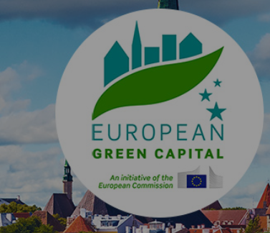 |
GRENOBLE: European Green Capital Award 2022
Grenoble was appropriately named "European Green Capital 2022" by the European Commission.
The metropolis at the foot of the Alps, which has 160,000 people living there and another 700,000 in the surrounding area, is notable for its commitment to preventing climate change and promoting greater energy efficiency. Grenoble has developed into a model of ecological virtue as a result of a number of creative concepts (including the employment of CNG, compressed natural gas, technology in mobility). By the end of the year, more environmentally friendly and biogas-powered regional buses will be added to the fleet.


